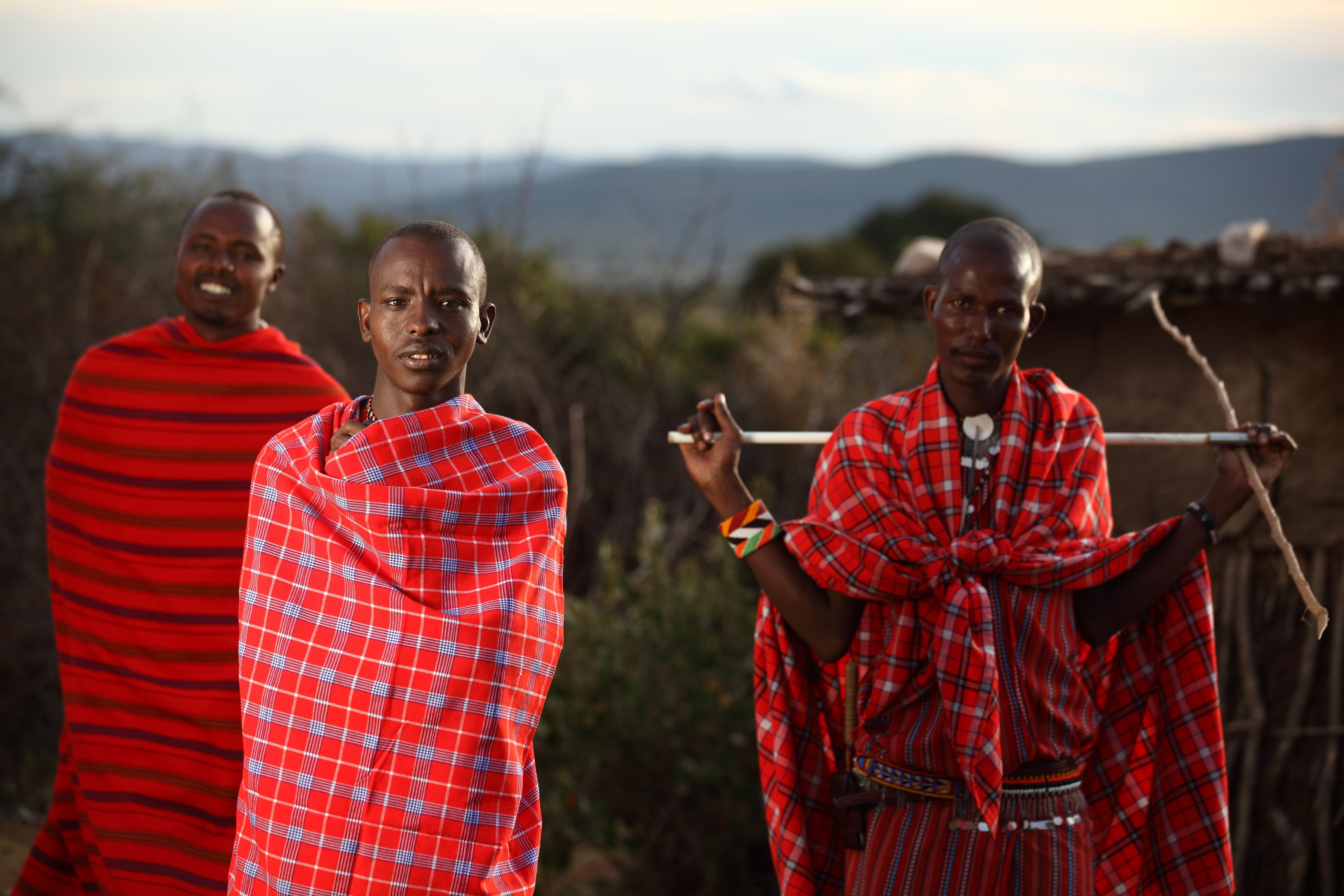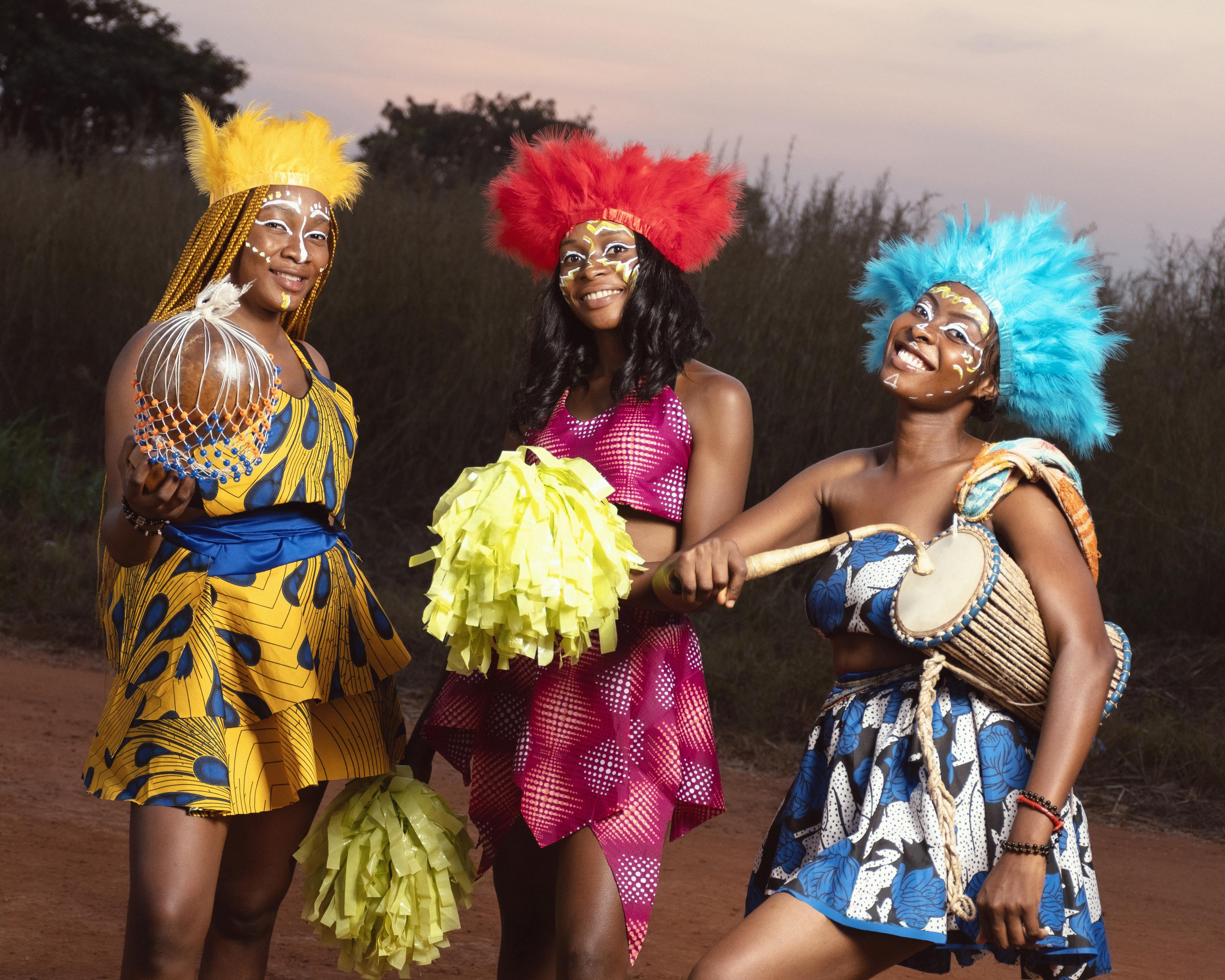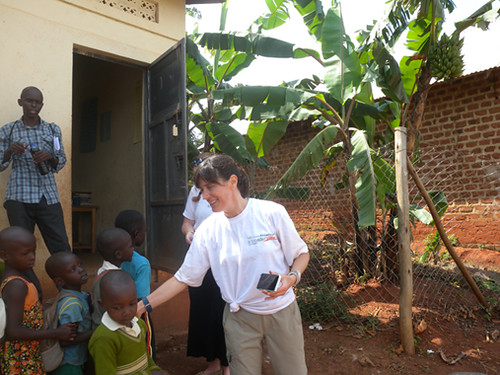
Cultural Tours in Kenya
Culture Tours in Kenya: Discovering the Soul of the Maasai People
Kenya is known the world over for its sweeping savannahs, iconic wildlife, and world-class safaris. But beyond the Big Five and golden sunsets lies a deeper, more personal adventure one that resonates with the rhythm of tradition, identity, and human connection. Culture Tours in Kenya offer a chance to step into the heart of Africa, where stories are not just told but lived, and where the people are as captivating as the landscapes they inhabit.
At the core of this cultural journey are the Maasai people, one of Africa’s most iconic and resilient tribes. Their colorful dress, proud stance, and rich customs have become symbols of Kenyan heritage. But to truly understand the Maasai and, by extension, Kenya you must go beyond the photographs and curated performances. You must meet them, walk with them, and listen to the beating heart of their community.
Meet the Maasai People
There’s something deeply humbling about sitting under the shade of an acacia tree, listening to a Maasai elder recount tales passed down through generations. Their language, Maa, flows like poetry, even when translated. Their wisdom shaped by generations of living in harmony with nature is profound.
Maasai communities are primarily found in southern Kenya, often near major wildlife reserves like the Maasai Mara. Many Culture Tours in Kenya include immersive experiences with Maasai families, giving travelers a rare opportunity to visit their manyattas (traditional homesteads), join in dances, learn about herbal medicine, and even participate in cattle herding, which remains central to their way of life.
Meeting the Maasai isn’t just about observation it’s about connection. You’re welcomed not as a tourist but as a guest, and often, as a friend. Children giggle with curiosity, women showcase their intricate beadwork, and warriors demonstrate the iconic “adumu” (jumping dance) with pride and joy. These are not performances for show, but living expressions of identity.
Traditional Maasai Life

For centuries, the Maasai have lived as semi-nomadic pastoralists, moving their livestock in tune with the rains and the rhythm of the earth. Cattle are not just economic assets; they’re symbols of wealth, status, and spiritual connection. A man’s success is measured by the size of his herd, and cows play vital roles in rituals from birth to marriage and beyond.
Life in a Maasai village is guided by community values. Roles are clearly defined men protect and provide, women manage the household and craft stunning beadwork that tells stories of lineage and pride. Children learn from an early age through oral storytelling and by participating in daily tasks.
The architecture of the manyatta constructed by women using mud, sticks, and cow dung reflects sustainability and resilience. Meals are simple yet nourishing, often consisting of milk, meat, and maize. Nature is revered, not conquered. Time moves slowly here, in tune with the sun and seasons.
Modern Challenges to Maasai Culture
While Culture Tours in Kenya offer beautiful insights into traditional Maasai life, it’s important to understand that their way of life is under pressure. Rapid modernization, land disputes, climate change, and external cultural influences are reshaping Maasai communities at an unprecedented pace.
Urban expansion and agricultural development have reduced grazing lands. Young Maasai are increasingly drawn to cities in search of education and employment, leading to a slow erosion of cultural practices. Some traditions are being commercialized for tourism, while others face extinction due to disuse.
The Maasai also face socio-economic challenges, including limited access to healthcare, formal education, and infrastructure. Efforts to preserve their culture must be balanced with the need for development and dignity.
However, there is hope. Many Maasai communities are taking proactive steps to preserve their heritage. Elders are documenting oral histories, women are forming cooperatives to sell authentic crafts, and young leaders are embracing “modern traditionalism” keeping their cultural identity alive while engaging with the wider world.
Sustainable Tourism and Preserving Maasai Culture
Sustainable tourism is not just a buzzword it’s a vital pathway to preserving cultures like the Maasai’s. Thoughtfully designed Culture Tours in Kenya can empower communities rather than exploit them. When done right, tourism becomes a bridge between worlds, fostering mutual respect, understanding, and economic opportunity.
Choosing community-led tours is one of the best ways to support cultural preservation. These experiences are designed by the Maasai themselves, ensuring authenticity, respect, and direct benefit to the locals. Visitors can stay in eco-lodges run by Maasai families, enjoy guided bush walks with warriors, and engage in storytelling sessions that offer honest, unfiltered insights into Maasai life.
Buying locally-made crafts and jewelry not only supports livelihoods but also encourages the continuation of traditional art forms. Participating in workshops be it beadwork, dance, or cooking fosters a deeper appreciation for the skills and stories embedded in Maasai culture.
Moreover, responsible tour operators educate travelers on etiquette, such as asking permission before taking photographs or learning a few words of Maa. These small gestures go a long way in showing respect and fostering genuine relationships.
Why Culture Tours in Kenya Matter
In a world that is increasingly digital, fast-paced, and disconnected, Culture Tours in Kenya offer something rare and essential authentic human connection. They remind us of the richness of diversity, the beauty of tradition, and the importance of slowing down to truly listen and learn.
For the Maasai, sharing their culture isn’t about putting on a show; it’s about inviting the world to see them as they are proud, resilient, and rooted in wisdom. For travelers, it’s an opportunity to return home not just with souvenirs, but with stories, friendships, and a renewed sense of humanity.
More than just a holiday, a cultural tour in Kenya can be a personal transformation. It is a journey into the past, present, and future of a people who have much to teach the world about coexistence, community, and courage.
Final Thoughts
Whether you’re watching a sunrise over the Rift Valley with a Maasai elder, sharing stories around a fire, or learning how to bead your own bracelet, one thing becomes clear: the spirit of Kenya lives not just in its landscapes, but in its people.
Culture Tours in Kenya are more than just a travel experience they are a meaningful exchange of stories, values, and hope. They offer travelers the chance to become not just observers but participants in a living heritage that continues to evolve with grace and strength.
So if your heart longs for deeper journeys and your soul seeks stories that will stay with you forever, come and experience the cultural heartbeat of Kenya. The Maasai are ready to welcome you not just into their homes, but into their lives.


